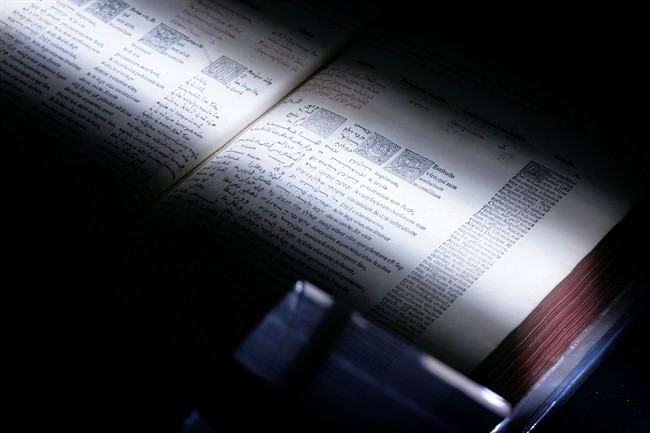Elevate your local knowledge
Sign up for the iNFOnews newsletter today!
Sign up for the iNFOnews newsletter today!
Selecting your primary region ensures you get the stories that matter to you first.

NEW YORK, N.Y. – Google is not violating copyright laws by digitizing millions of books so it can provide small portions of them to the public, a federal appeals court ruled Friday in a decadelong dispute by authors worried that the project would spoil the market for their work.
The 2nd U.S. Circuit Court of Appeals in Manhattan agreed with a judge who concluded that the snippets Google showed customers from its database was a transformative use of the information and thus did not violate copyright laws.
Judge Denny Chin ruled in November 2013 that Google’s digitization of over 20 million books, mostly out-of-print titles, did not violate copyrights because the Mountain View, California-based company only showed short sections of the books in its database. Chin had said it would be difficult for anyone to read any of the works in their entirety by repeatedly entering different search requests.
In an opinion written by Judge Pierre N. Leval, the appeals court agreed, saying the snippet feature “substantially protects against its serving as an effectively competing substitute for plaintiffs’ books.”
It added: “Snippet view, at best and after a large commitment of manpower, produces discontinuous, tiny fragments, amounting in the aggregate to no more than 16% of a book. This does not threaten the rights holders with any significant harm to the value of their copyrights or diminish their harvest of copyright revenue.”
The three-judge appeals panel did acknowledge, though, that some book sales would likely be lost if someone were merely searching for a portion of text to ascertain a fact.
The Authors Guild and various authors had challenged Google in 2005, contending that the digital book project violated their rights. Writers included Jim Bouton, author of the bestseller “Ball Four,” Betty Miles, author of “The Trouble with Thirteen,” and Joseph Goulden, author of “The Superlawyers: The Small and Powerful World of Great Washington Law Firms.”
Google Inc. has made digital copies of tens of millions of books from major research libraries and established a publicly available search function. It planned ultimately to scan over 100 million books, including material from the New York Public Library, Library of Congress and several major universities.
The appeals court said Google’s profit motivation does not justify denial of something that overall enhances public knowledge.
“Many of the most universally accepted forms of fair use, such as news reporting and commentary, quotation in historical or analytic books, reviews of books, and performances, as well as parody, are all normally done commercially for profit,” the court noted.
The appeals panel said it recognized that libraries that had negotiated with Google to receive digital copies from the company might use them in an infringing manner. It said that could expose the libraries and Google to liability but called it “sheer speculation” to raise the issue now.
Lawyers did not immediately return messages seeking comment.
This site is protected by reCAPTCHA and the Google Privacy Policy and Terms of Service apply.
Want to share your thoughts, add context, or connect with others in your community?
You must be logged in to post a comment.